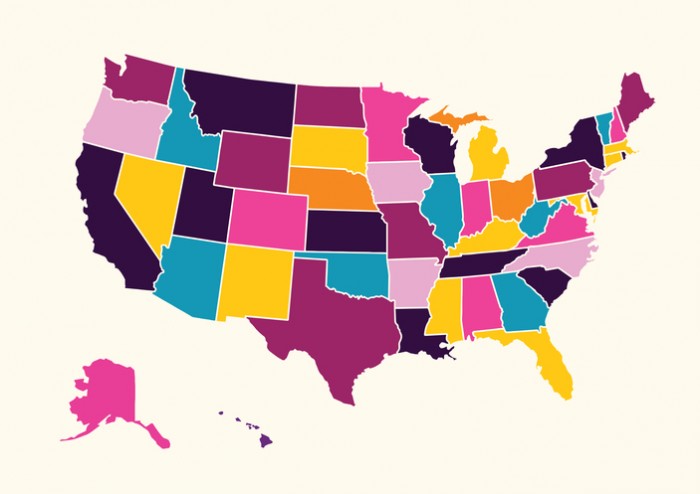New Jersey to Establish State Health Insurance Exchange
New Jersey has announced plans to leave the federal marketplace and offer a state health insurance exchange instead.

Source: Thinkstock
- New Jersey will move away from the federal insurance marketplace and transition to a state health insurance exchange in 2021, Governor Phil Murphy announced last week.
The Democratic governor positioned the move as a way to protect his state from ongoing federal efforts to undermine the Affordable Care Act. By reinforcing key principles of the law at the state level, New Jersey will be able to maintain consumer protections and tackle affordability concerns more effectively.
“New Jersey has not shied away from the work required to secure the protections afforded by the Affordable Care Act and to provide access to quality affordable health care that our residents deserve – in fact, in partnership with the Legislature our state has stepped up,” said Murphy.
“Together with the Legislature, we have the ability to further protect New Jersey from actions taken by the Trump Administration to roll back the hard-fought protections afforded by the ACA and I would argue we have an obligation to do so.”
New Jersey has already made several efforts to strengthen its insurance marketplace and reduce premiums for consumers. The state has implemented an individual coverage requirement and established a reinsurance program in 2018.
Premiums for consumers in the individual market have subsequently dropped by 9.3 percent, officials said.
Creating a state-based exchange will allow New Jersey lawmakers to continue building on their successes. The state will be able to set its own open enrollment period, perform outreach targeted to high-needs populations, and better understand local trends that may influence coverage decisions.
“Moving to a state-based exchange is the right next step in our work to improve access to coverage and care,” said Marlene Caride, Commissioner of the Department of Banking and Insurance.
“The federal government has cut the enrollment period, and slashed funding for outreach, advertising and navigators that provide critical assistance to residents in our communities. Funding sent to Washington to utilize the federal exchange will be better utilized right here in New Jersey, where we can establish policies that create greater stability, access and improved protections for residents.”
To ensure the new state exchange functions as expected, Murphy is proposing to preserve some of the ACA’s most popular provisions by passing legislation at the state level, including required coverage of Essential Health Benefits and preexisting conditions, a prohibition on lifetime and annual limits, and the ability for dependents to remain on their parents’ coverage until age 26.
Murphy has started the process of creating the new exchange by sending a letter of intent to CMS.
Cooperation from the state legislature will be required to put the plan into action, however. Lawmakers will need to vote to transfer the current federal exchange user fee into a state fund instead. The fees, set at 3.5 percent of premiums, will fund outreach and enrollment efforts.
“New Jersey has benefited immensely from the ACA and I am glad to see that we are doing what we can to maintain the benefits for New Jerseyans across the state that rely on crucial health care services,” said Senator Vitale, the chairman of the Senate Health, Human Services and Senior Citizens Committee.
New Jersey will join a dozen other states that operate their own marketplaces without federal assistance. Several more states work in partnership with the federal government and its marketplace platform to offer coverage to their citizens.
